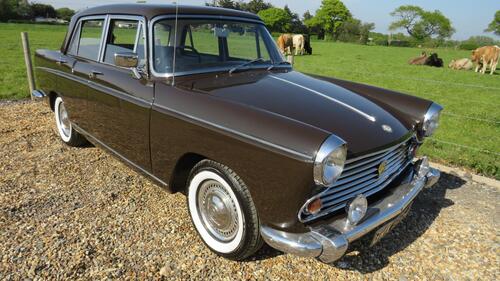


Why? Because, Vellequette says, like CVT transmissions, they "just don't sound right or feel right to American drivers." (Note: In the article, it's not clear if Vellequette is arguing against wet-clutch and dry-clutch DCTs or just dry-clutch DCTs, which is what Ford and Chrysler use.) The article goes on to state that Ford and Chrysler have experimented with DCTs and that both consumers and the automotive press haven't exactly given them glowing reviews, despite their quicker shifts and increased fuel efficiency potential compared to torque-converter automatic transmissions.Īutoblog staffers who weighed in on the relevance of DCTs in American cars generally disagreed with the blanket nature of Vellequette's statement that they don't sound or feel right, but admit that their lack of refinement compared to traditional automatics can be an issue for consumers. Vellequette penned an editorial suggesting that American car companies raise the white flag on dual clutch transmissions and give up on trying to persuade Americans to buy cars fitted with them. Last week, in the midst of Detroit's first days seeking relief in Chapter 9 of the bankruptcy code, Automotive News contributor Larry P. Is it time for American carmakers to give up on dual-clutch transmissions? Mon,


 0 kommentar(er)
0 kommentar(er)
